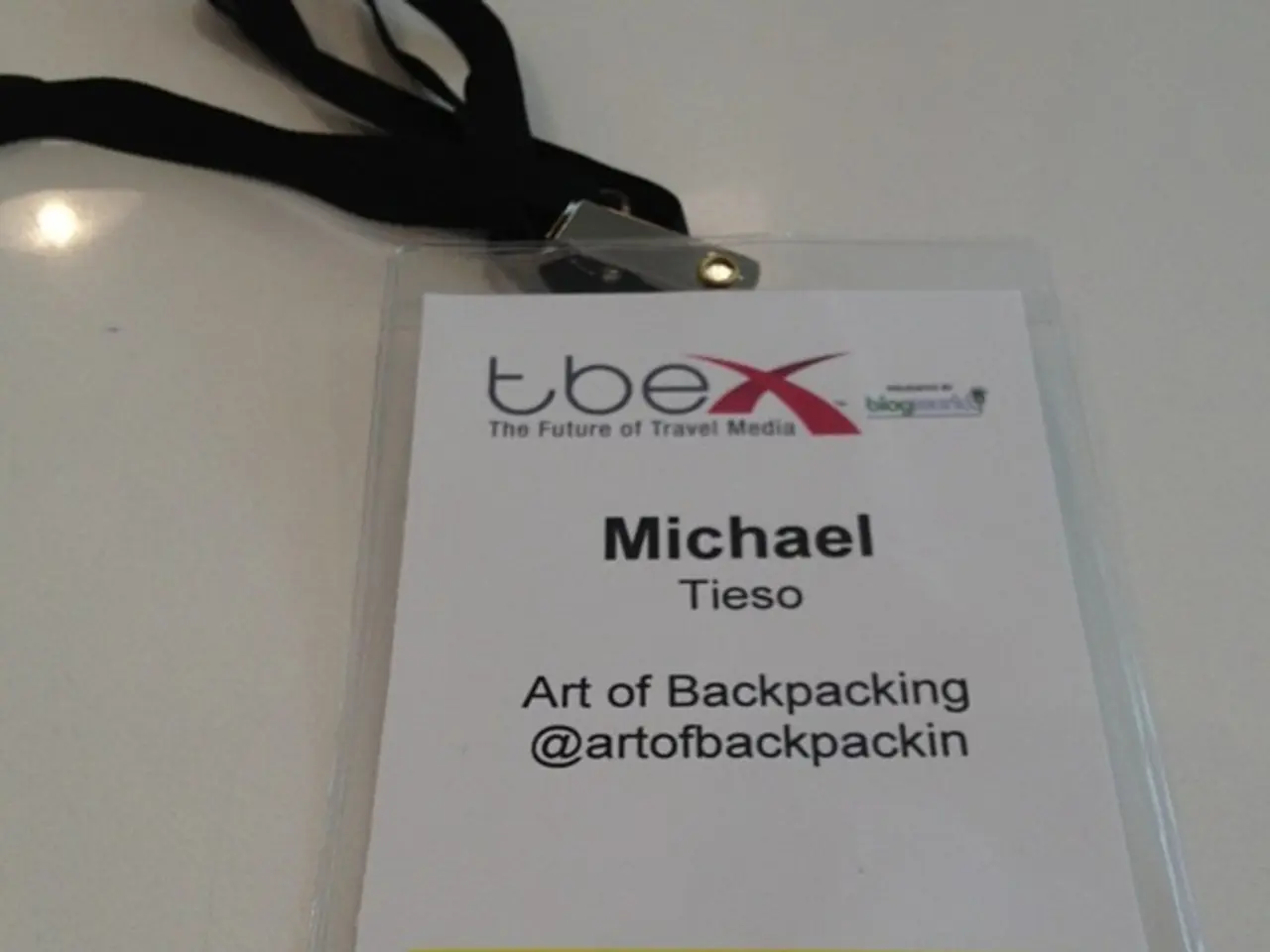Artificial Intelligence Integration in Business Travel: Identifying Suitable and Less Suitable Areas
In the realm of corporate ground transportation, AI is not just a buzzword, but a tool with the potential to revolutionize the industry. Amiad Solomon, CEO and Founder of HQ, a leading platform in this sector, understands this well.
AI should not be seen as a replacement for good design, sound logic, or human empathy. Instead, it should complement these elements, providing a smarter, more efficient solution for tasks like selecting a ride time, viewing upcoming trips, or approving a booking. However, its implementation must adhere to local and global regulations, including GDPR and company-specific compliance standards.
AI-powered platforms should integrate seamlessly with HRIS, expense platforms, and calendars. They should act as agents that work for travel managers, pulling relevant data, filtering it, and presenting a clear summary. The smartest AI features are often the ones that feel invisible to the user, surfacing when needed, staying out of the way when not, and working towards making the experience simpler, safer, and more cost-effective.
AI can function as a natural interface for corporate ground transportation, allowing for frictionless interaction through natural language capabilities. It can surface invisible patterns and anomalies in large enterprise travel programs, such as unusual route pricing, repeated policy violations, and booking behaviors that hint at inefficiencies or misuse.
However, AI should not autofill destinations, reroute without approval, or suggest actions users didn't ask for. These actions may frustrate users and erode trust. AI should always escalate when necessary, and should not hide its logic or remove control in enterprise settings. In high-stakes travel moments, AI should not replace human help.
In enterprise settings, explainability is a requirement for AI. Users need to know why certain actions were taken and have the ability to override or adjust. AI systems should be trained in realistic simulations reflecting operational complexity to adapt to dynamic conditions and scale efficiently with growing operations.
Implementing AI in enterprise-grade corporate ground transportation requires sophisticated AI agents capable of autonomous decision-making, robust data and systems integration, operational safety, user-centric features, and continuous learning—all structured within a layered AI platform architecture optimized for complex, real-time coordination demands.
Enterprise travel teams want to measure results such as time saved per booking, percentage of in-policy bookings, reduction in support tickets, and improved traveler satisfaction scores. AI should adapt to the roles of admins, travelers, and travel managers, providing different experiences for each.
This article was published by Forbes Technology Council, an invitation-only community for world-class CIOs, CTOs, and technology executives.
References:
[1] Fraport’s Intelligent Dispatching Agent: https://www.fraport.com/en/media/news/fraport-deploys-ai-based-dispatching-agent-at-frankfurt-airport/
[2] Layered AI Platform Architecture: https://www.forbes.com/sites/forbestechcouncil/2021/05/18/layered-ai-platform-architecture-for-real-time-coordination-demands/?sh=6b3e1b8634c8
[3] Data Governance and Integration for AI: https://www.forbes.com/sites/forbestechcouncil/2021/05/18/data-governance-and-integration-for-ai-in-corporate-ground-transportation/?sh=12a0441f71a3
[4] Integration with Broader Mobility and Aviation Systems: https://www.forbes.com/sites/forbestechcouncil/2021/05/18/integration-with-broader-mobility-and-aviation-systems-for-enterprise-grade-corporate-ground-transportation/?sh=6b3e1b8634c8
[5] Continuous Improvement and Re-Training: https://www.forbes.com/sites/forbestechcouncil/2021/05/18/continuous-improvement-and-re-training-for-ai-in-corporate-ground-transportation/?sh=6b3e1b8634c8
Amiad Solomon, the CEO and Founder of HQ, leverages AI in the finance sector of corporate ground transportation, aiming to revolutionize lifestyle and business in travel by creating a smarter, more efficient experience. AI-powered platforms should integrate with technology, enabling seamless interaction through natural language capabilities, while being transparent about their logic and allowing users to maintain control. Furthermore, AI should facilitate travel management by surfacing patterns and anomalies, leading to cost-effective and safe solutions.




